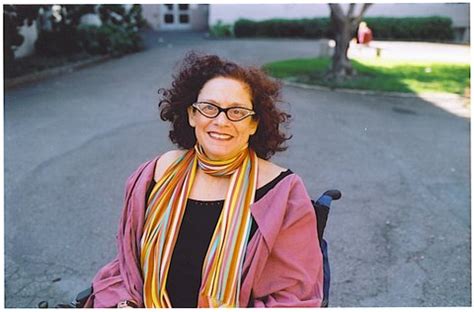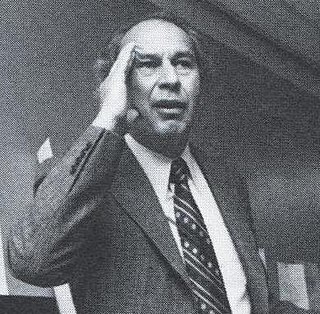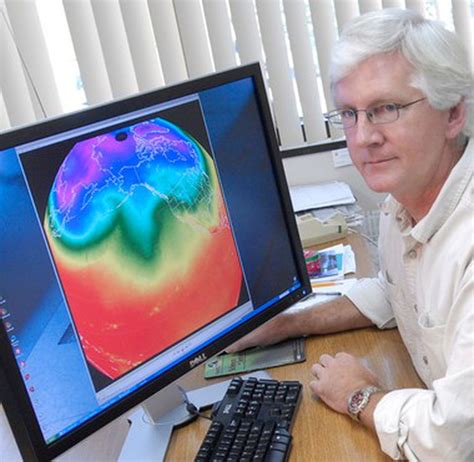A Quote by Cass Sunstein
It's very common to say that Star Wars in the late '70s, that was kind of perfect for Cold War culture and the aftermath of Vietnam in the '60s to have an upbeat, hopeful, cartoonish tale of a hero's journey. I think those explanations are easy to offer and almost always wrong.
Related Quotes
When I began writing poems, it was in the late 60s and early 70s when the literary and cultural atmosphere was very much affected by what was going on in the world, which was, in succession, the civil rights movement, the antiwar movement, and the women's movement in the 60s, 70s, and into the early 80s. And all of those things affected me and affected my thinking, particularly the Vietnam War.
Edelman diversified into public affairs in the late '60s with important programs for the Concorde SST, gaining landing rights at JFK Airport in New York, and in the late '70s generating public approval for the building of the very stark Vietnam Veterans War Memorial in Washington, D.C., from a design by the very young architect Maya Lin.
In terms of the film itself, there was nothing much very new about 'Star Wars.' 'Star Wars' was a trailblazer for the kind of monumentalist pastiche which has become standard in a homogeneous Hollywood blockbuster culture that, perhaps more than any other film, 'Star Wars' played a role in inventing.
I was a child of the '60s basically, which is a real blank. I really started growing up, I think, in the '70s. I'm a glam-rock kid. But Dublin, Ireland in those days was a very dark place, as in it was a very poor, almost third world. Economically, the whole world is going through a recession at the moment. In the '60s, '70s, and the '80s in Ireland was a real recession. It wasn't a pleasant place.
On reflection, some things do super well because they hit with the time. Some things do super well because they are able to activate a kind of echo chamber or bandwagon or cascade - they didn't particularly hit with the time. Some things are just too astonishingly good to not hit the top. Those three explanations, with respect to the Star Wars phenomenon, seem to me all to pass the plausibility test, and to explore them, with respect to Star Wars, I think casts light not just on the saga of our time, but also on everything about our culture.
I talk to all the creative directors today, and they take me aside, and they say, 'You know, it must have been great back in those days when you could do anything you wanted.' I say, 'Huh? Excuse me?' I mean, we fought. In the '60s and '70s, you fought wars with clients, and you have to continue fighting wars to do great work.
All scientists should be skeptics. The reason why is that, even with the best of scientific measurements, we can come up with all kinds of explanations of what those measurements mean in terms of cause and effect, and yet most of those explanations are wrong. It's really easy to be wrong in science ... it's really hard to be right.
The Philippines and the U.S. have had a strong relationship with each other for a very long time now. We have a shared history. We have shared values, democracy, freedom, and we have been in all the wars together in modern history, the World War, Second World War, Cold War, Vietnam, Korea, now the war on terrorism.


































